When importing goods from China to Norway, businesses face a myriad of choices and considerations regarding shipping options. With an array of methods available, including air freight, sea freight, and door-to-door shipping, understanding the nuances of each option is essential for optimizing logistics operations. Factors such as shipping costs, transit times, reliability, and customs clearance play critical roles in determining the best approach. This guide presents a comprehensive overview of shipping strategies, highlights top international freight forwarders, and explains the significance of negotiating favorable rates and securing insurance. By navigating these considerations effectively, businesses can ensure a smooth and efficient import process, paving the way for successful global trade.
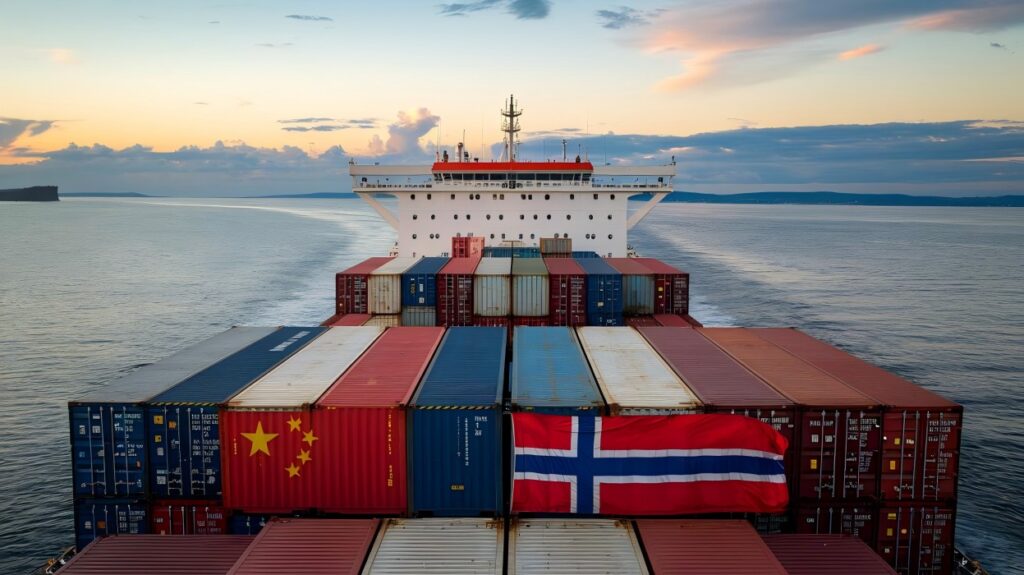
Overview of Shipping Options from China to Norway
When it comes to importing goods from China to Norway, businesses have several shipping options at their disposal. Each option has distinct advantages and considerations, enabling companies to select the most suitable method based on their specific needs.
Air Freight vs. Sea Freight
Air freight and sea freight are the two primary methods for shipping goods internationally. Here’s a detailed comparison:
| Aspect | Air Freight | Sea Freight |
|---|---|---|
| Speed | Fastest shipping option; typically 1-3 days. | Slower; can take 20-40 days depending on the route. |
| Cost | Generally more expensive due to speed. | More cost-effective for large shipments. |
| Capacity | Limited by aircraft size; suitable for small, high-value shipments. | Higher capacity; ideal for bulk and heavy goods. |
| Customs Clearance | Requires expedited clearance, can be complex. | Standard customs procedures; more predictable. |
| Environmental Impact | Higher carbon footprint. | More sustainable per ton of freight. |
For businesses looking for high-value items or urgent shipments, air freight may be the ideal choice. Conversely, if the shipment is large and timing is flexible, sea freight provides a more economical solution.
Express Delivery Services
Express delivery services cater to businesses needing rapid shipment and delivery to Norway. Many logistics companies offer express shipping options that ensure packages reach their destination within a few days. These services are ideal for small packages or urgent supplies. Notable providers include DHL, FedEx, and UPS, each offering tracking capabilities and guaranteed delivery times, which can add an extra layer of confidence for businesses.
Door-to-Door Shipping
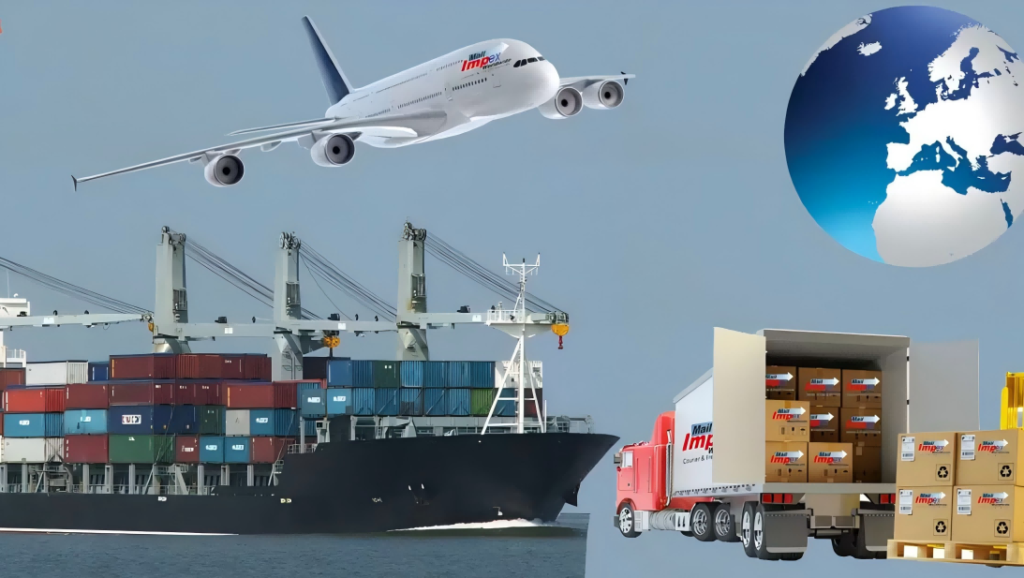
Door-to-door shipping is increasingly popular among companies importing goods from China to Norway. This service provides end-to-end logistics solutions, picking up the shipment from the manufacturer in China and delivering it directly to the recipient’s address in Norway. This service generally includes handling customs clearance, which alleviates the burden on the importer and ensures that all regulatory requirements are met. Utilizing Dantful International Logistics for door-to-door shipping can streamline the entire process, making it efficient and hassle-free.
Read More:
- Shipping From China To Netherlands
- Shipping From China To Spain
- Shipping From China To Germany
- Shipping From China To France
- Shipping From China to Italy
- Shipping From China To Poland
- Shipping From China to United Kingdom
Factors to Consider When Choosing a Shipping Company
Selecting the right shipping company is crucial to ensuring a smooth import process. Several factors should be considered to make an informed choice.
Shipping Costs and Rates
Understanding the shipping costs and rates is fundamental. Different carriers may provide varying rates based on the shipping method, weight, and dimensions of the goods. It’s advisable to obtain multiple quotes and analyze the total landed cost, which includes freight, duties, and other fees. Utilizing the services of Dantful Logistics, known for its cost-effective solutions, can help optimize shipping expenses.
Transit Times
Transit times are critical when planning shipments, especially for businesses with tight deadlines. Different shipping methods will have varying transit times, and knowing how quickly your goods need to arrive will influence your choice. Air freight is optimal for urgent deliveries, while sea freight can be scheduled for more flexible timelines.
Reliability and On-Time Delivery
Reliability is a paramount concern in logistics. Choosing a shipping company with proven track records for on-time delivery can significantly impact your operations. Researching customer reviews and performance metrics can provide insight into a company’s reliability. Partnering with Dantful ensures high service standards and commitment to on-time deliveries.
Insurance and Damage Protection
The risk of damage or loss during transit is a reality in international shipping. Thus, understanding the insurance and damage protection options available through your shipping company is vital. Comprehensive insurance coverage can protect against potential losses, ensuring that your investment is safeguarded during transit. Dantful provides robust Insurance Services, giving you peace of mind throughout the shipping process.
Customer Service and Support
Lastly, effective customer service and support are essential in navigating any issues that may arise during shipping. A responsive shipping company can assist you with tracking shipments, resolving disputes, and providing timely updates. Look for logistics providers with dedicated customer service teams available to assist you at all stages of the shipping process.
In summary, choosing the appropriate shipping method and company for your goods from China to Norway involves careful consideration of multiple factors. By prioritizing speed, cost, reliability, and customer service, businesses can ensure a smooth importing experience. For professional, cost-effective, and high-quality logistics solutions tailored to your needs, consider partnering with Dantful International Logistics, your trusted ally in global trade.
Dantful International Logistics Services:
- Dantful Ocean Freight Services
- Air Freight From China
- Amazon FBA Freight Forwarding
- WAREHOUSE Services
- One-Stop Customs Clearance Solution
- Cargo Insurance Services in China
- DDP Shipping Services By Dantful Logistics
- Out of Gauge Cargo Transportation Shipping Services
Top International Freight Forwarders for China to Norway Shipping
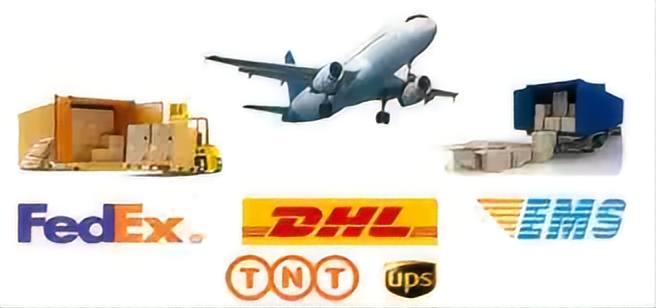
When importing goods from China to Norway, choosing a reputable freight forwarder can significantly streamline the shipping process. Here are some of the top international freight forwarders known for their reliability and efficiency:
DHL
DHL is recognized as one of the leading logistics companies worldwide, offering extensive air and ground services. Known for its fast transit times, DHL provides a comprehensive range of options tailored for businesses of all sizes. Their global network ensures that shipments from China can reach Norway swiftly, often within a few days. Additionally, their user-friendly online tracking system allows customers to monitor shipments in real-time.
FedEx
FedEx is another prominent player in the international shipping arena. They offer various shipping solutions, including express services that cater to urgent shipments. FedEx’s extensive experience in handling customs procedures ensures smooth transitions through international borders. Their commitment to customer service and detailed tracking capabilities makes them a top choice for businesses looking to import goods from China to Norway.
UPS
UPS offers a wide range of logistics services, including air freight, ocean freight, and ground services. With a robust infrastructure and advanced technology, UPS provides efficient shipping solutions, particularly for larger shipments. Their customs brokerage services help navigate the complexities of international shipping, making them a reliable option for businesses seeking efficiency and reliability in their shipping process.
Aramex
Aramex is a global logistics and transportation company that has established a solid reputation for providing tailored shipping solutions. They focus on emerging markets and have a strong presence in Asia, making them a suitable choice for businesses looking to import goods from China. Aramex offers door-to-door shipping, customs clearance assistance, and competitive pricing, ensuring a seamless import experience.
DB Schenker
DB Schenker is a leading global logistics provider with a strong focus on supply chain management. They offer a comprehensive suite of services, including air freight, ocean freight, and integrated logistics solutions. Their expertise in managing complex logistics challenges and strong network connections enables efficient shipping from China to Norway. DB Schenker also provides valuable insights and data analytics to optimize shipping processes.
Advantages of Using an International Freight Forwarder
Utilizing the services of an international freight forwarder presents numerous advantages for businesses engaged in international trade, especially when importing goods from China to Norway.
Expertise in International Shipping Regulations
International freight forwarders possess extensive knowledge of shipping regulations and compliance requirements across various countries. Their expertise ensures that all shipments adhere to legal stipulations, significantly reducing the risk of delays caused by regulatory issues. By leveraging their in-depth understanding of these regulations, businesses can navigate the complexities of international shipping with greater confidence.
Customs Clearance Assistance
One of the most significant challenges in international shipping is navigating the customs clearance process. Freight forwarders like Dantful International Logistics offer dedicated customs clearance assistance, helping businesses complete necessary documentation and ensuring compliance with both Chinese and Norwegian customs regulations. This support minimizes the chances of shipment delays and unexpected costs associated with customs issues.
Tracking and Status Updates
Freight forwarders provide advanced tracking systems that allow businesses to monitor their shipments in real-time. This feature is crucial for maintaining visibility throughout the shipping process, enabling companies to plan effectively and communicate updates to stakeholders. With tracking capabilities, businesses can easily identify potential delays and respond proactively.
Single Point of Contact
Working with a freight forwarder consolidates communication into a single point of contact. This streamlined approach simplifies the shipping process and enhances efficiency, as businesses can rely on one expert to handle all aspects of their shipment. This single point of contact can assist with questions, provide updates, and coordinate logistics, making the overall experience smoother and more manageable.
Engaging a reputable international freight forwarder can significantly enhance the efficiency and effectiveness of the shipping process from China to Norway. By providing expertise, assistance with customs, real-time tracking, and a single point of contact, freight forwarders enable businesses to focus on their core operations while ensuring that their goods are transported safely and efficiently. For comprehensive logistics solutions tailored to your needs, consider partnering with Dantful, known for its professional, cost-effective, and high-quality services in international logistics.
Local Chinese Shipping Companies for Norway
When considering shipping options from China to Norway, many businesses overlook the advantages of utilizing local Chinese shipping companies. These providers can often offer unique benefits that can lead to more cost-effective and efficient shipping solutions.
Lower Costs than International Providers
Local Chinese shipping companies frequently offer more competitive pricing compared to larger international freight forwarders. Their operational costs are generally lower, allowing them to provide affordable shipping rates without compromising service quality. This affordability makes them an attractive option for businesses managing tight budgets or shipping large volumes of goods. By leveraging local providers, companies can maximize their profit margins while ensuring timely deliveries to Norway.
Chinese Language Support
One of the significant advantages of working with local Chinese shipping companies is the availability of comprehensive Chinese language support. For businesses that may not be fluent in English or are not familiar with international logistics terminology, having a shipping partner that can communicate effectively in Mandarin can simplify the shipping process. This support ensures clearer communication regarding shipping details, customs documentation, and potential issues, thus reducing the likelihood of misunderstandings or errors in the logistics chain.
Knowledge of Local Shipping Conditions
Local shipping companies possess valuable insights into the shipping conditions and regulations specific to China. Their familiarity with local ports, logistics systems, and regional practices enables them to navigate the complexities of the Chinese shipping landscape effectively. This knowledge can be particularly advantageous in optimizing shipping routes, minimizing delays, and ensuring compliance with local laws and regulations. They can also provide tailored solutions that align with the unique needs of businesses looking to import goods to Norway.
Incoterms for China to Norway Shipping
Understanding Incoterms (International Commercial Terms) is essential for businesses engaged in international trade. These terms define the responsibilities of buyers and sellers in shipping arrangements, influencing cost allocation, risk management, and logistics operations. Here are four key Incoterms relevant to shipping from China to Norway:
EXW (Ex Works)
Under the EXW (Ex Works) term, the seller is responsible for making the goods available at their premises (e.g., factory or warehouse). The buyer assumes all risks and costs associated with transportation from the seller’s location to the destination, including loading and export clearance. This term places minimal responsibility on the seller, making it suitable for buyers who prefer to manage logistics and transportation themselves.
FCA (Free Carrier)
The FCA (Free Carrier) Incoterm allows for greater flexibility. The seller delivers the goods to a specified carrier or location, and the buyer assumes responsibility for the goods once they are handed over. This term is advantageous for buyers who wish to control their transportation arrangements, as they can choose their carriers and shipping methods while benefiting from the seller’s support in managing initial transport and export documentation.
CPT (Carriage Paid To)
Under the CPT (Carriage Paid To) term, the seller pays for the transportation of goods to a specified destination. While the seller bears the cost of freight, the risk transfers to the buyer once the goods are handed over to the carrier. This term is beneficial for buyers who want predictable shipping costs while retaining responsibility for the goods during transit.
CIP (Carriage and Insurance Paid To)
The CIP (Carriage and Insurance Paid To) term is an extension of CPT, requiring the seller to pay for transportation and insurance of the goods until they reach the destination. This term provides additional protection for the buyer, as they are covered against loss or damage during transport. Businesses looking for peace of mind regarding their shipments may prefer this option, though it typically comes at a higher cost due to the added insurance element.
Understanding these Incoterms is crucial for businesses importing goods from China to Norway. By selecting the appropriate terms, companies can effectively manage risk and costs, ensuring a smooth shipping process. For comprehensive assistance in navigating logistics and freight forwarding, consider partnering with Dantful International Logistics, recognized for their expertise and tailored solutions in global trade.
Tips for Negotiating the Best Shipping Rates
Negotiating favorable shipping rates is essential for businesses looking to maximize profitability and maintain competitiveness in the global market. Here are several strategic tips that can help you secure the most advantageous shipping rates when importing goods from China to Norway.
Get Quotes from Multiple Providers
One of the most effective ways to negotiate better shipping rates is to request quotes from multiple freight forwarders. By comparing rates from various providers, you can identify the most competitive offers and leverage this information in your negotiations. It’s advisable to consider not only the price but also the services included in the quotes, such as delivery times, customer service, and any additional fees that may apply. This comparative approach enables businesses to make informed decisions and choose the provider that offers the best overall value.
Provide Accurate Dimensions and Weights
When requesting quotes, ensuring that you provide accurate dimensions and weights of your shipments is critical. Shipping rates are often calculated based on these metrics, and inaccuracies can lead to unexpected costs or complications. Additionally, some carriers offer discounts for bulk shipments or specific weight thresholds. By providing precise information, businesses can avoid overestimating costs and take advantage of potential savings.
Consider Shipping in Off-Peak Seasons
Shipping costs can fluctuate significantly based on demand and peak shipping seasons. Scheduling shipments during off-peak periods can lead to reduced shipping costs, as carriers may offer lower rates to fill available capacity. For instance, avoiding the busy holiday season or major trade shows can yield substantial savings. Understanding the seasonal dynamics of shipping can allow businesses to plan their logistics strategies more effectively.
Consolidate Shipments When Possible
Consolidating shipments is another effective strategy for reducing shipping costs. By combining multiple smaller shipments into a single larger shipment, businesses can take advantage of bulk shipping rates, which are often more economical. This approach not only helps in cutting costs but also improves efficiency by minimizing the number of trips and handling associated with individual shipments. Working with a freight forwarder, such as Dantful, can help identify opportunities for consolidation and ensure that shipments are optimized for cost-effectiveness.
Importance of Tracking and Insurance
Understanding the significance of shipment tracking and insurance is crucial for businesses involved in international trade. These elements play a vital role in safeguarding your goods and managing logistics effectively.
Real-Time Shipment Tracking
Real-time shipment tracking provides businesses with visibility into the status and location of their shipments throughout the entire shipping process. Most reputable freight forwarders offer tracking systems that allow you to monitor your goods in transit. This feature is critical for proactive supply chain management, enabling businesses to anticipate delivery times, manage inventory levels, and communicate updates to customers. Knowing where your goods are at any given moment can also help mitigate risks associated with potential delays or disruptions.
Cargo Insurance Options
Cargo insurance is an essential consideration for any business involved in shipping goods internationally. It protects against financial losses resulting from damage, theft, or loss of cargo during transit. Different insurance options may be available, and the level of coverage required can vary based on the value of the goods being shipped and the associated risks. Engaging with experienced freight forwarders like Dantful can help businesses navigate the various insurance options available, ensuring that they select the most appropriate coverage for their specific needs.
Damage Claims Process
In the unfortunate event that a shipment is damaged or lost, understanding the damage claims process is important. Each freight forwarder may have specific procedures for filing claims, and prompt reporting is typically required to ensure coverage. Documentation of the damage, including photographs and packing lists, may be necessary to support any claims made. Being aware of these requirements beforehand can expedite the claims process and help businesses recover losses more quickly.
Incorporating effective negotiation strategies for shipping rates and understanding the importance of tracking and insurance can significantly enhance the logistics experience for companies importing goods from China to Norway. For tailored logistics solutions and expert assistance, businesses should consider partnering with Dantful International Logistics, known for their commitment to quality service and cost-effective freight solutions.
FAQs
1. What are the primary shipping options available for importing goods from China to Norway?
The main shipping options for importing goods from China to Norway include air freight, sea freight, and express delivery services. Air freight is faster but more expensive, while sea freight is more economical for larger shipments, albeit slower. Express services cater to urgent needs, ensuring rapid delivery.
2. What factors should I consider when selecting a shipping company?
When choosing a shipping company, consider the following factors:
- Shipping costs and rates: Compare quotes from multiple providers to find the best deal.
- Transit times: Determine how quickly your goods need to arrive.
- Reliability: Look for companies with strong on-time delivery records.
- Insurance options: Ensure you have adequate coverage against loss or damage.
- Customer service: Select a provider with responsive support to address any concerns during shipping.
3. How can I negotiate better shipping rates?
To secure favorable shipping rates:
- Get quotes from multiple freight forwarders.
- Provide accurate dimensions and weights for your shipments.
- Consider shipping during off-peak seasons to avoid higher costs.
- Consolidate shipments whenever possible to take advantage of bulk rates.
4. What are Incoterms, and why are they important?
Incoterms (International Commercial Terms) define the responsibilities of buyers and sellers in shipping arrangements. Understanding these terms is crucial for managing costs, risks, and logistics operations effectively. Common Incoterms for shipping from China to Norway include EXW, FCA, CPT, and CIP.
5. How can I track my shipments from China to Norway?
Most reputable freight forwarders offer real-time shipment tracking systems that allow you to monitor the status and location of your goods throughout transit. This visibility helps manage inventory and anticipate delivery times.
6. What should I know about cargo insurance?
Cargo insurance protects against financial losses related to damage, theft, or loss of cargo during shipping. It’s essential to assess the value of your goods and choose the appropriate coverage. Freight forwarders like Dantful can assist in navigating insurance options to ensure proper protection.
7. What steps should I take if my shipment is damaged or lost?
If your shipment is damaged or lost, promptly report the issue to your freight forwarder. Document the damage with photographs and packing lists, as each provider will have specific procedures for filing claims. Understanding these requirements in advance can expedite the claims process.

Young Chiu is a seasoned logistics expert with over 15 years of experience in international freight forwarding and supply chain management. As CEO of Dantful International Logistics, Young is dedicated to providing valuable insights and practical advice to businesses navigating the complexities of global shipping.
The other language versions of this article
- نصائح للعثور على أرخص شركة شحن من الصين إلى النرويج
- Tips om het goedkoopste verzendbedrijf van China naar Noorwegen te vinden
- Conseils pour trouver la compagnie de transport la moins chère de la Chine vers la Norvège
- Tipps zur Suche nach dem günstigsten Versandunternehmen von China nach Norwegen
- Suggerimenti per trovare la compagnia di spedizione più economica dalla Cina alla Norvegia
- Consejos para encontrar la empresa de envío más barata de China a Noruega
- Dicas para encontrar a empresa de transporte mais barata da China para a Noruega
- Советы по поиску самой дешевой компании по доставке из Китая в Норвегию
- Çin’den Norveç’e En Ucuz Nakliye Şirketini Bulmak İçin İpuçları


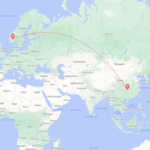
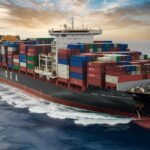



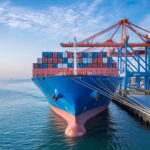

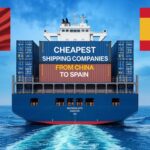

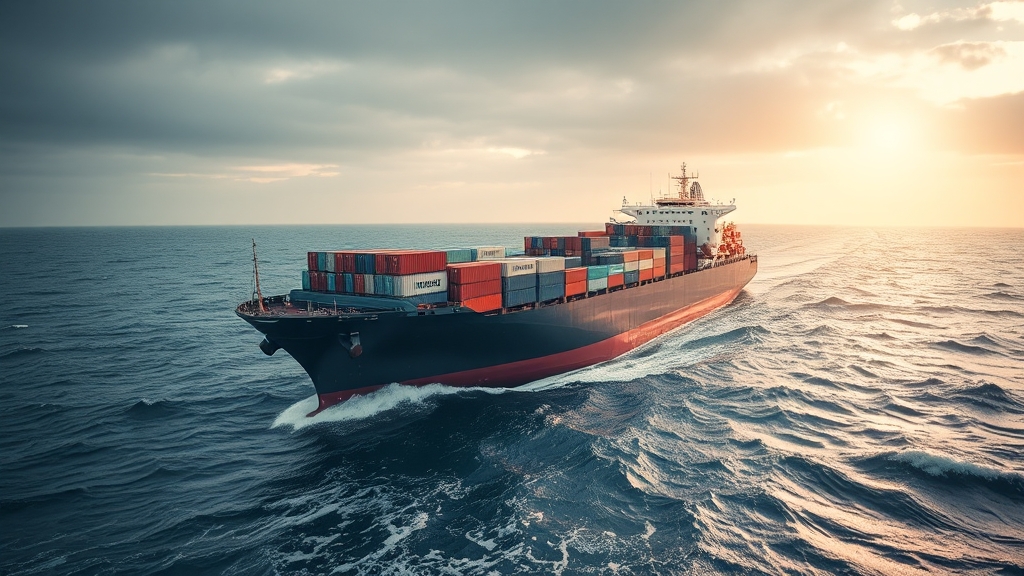
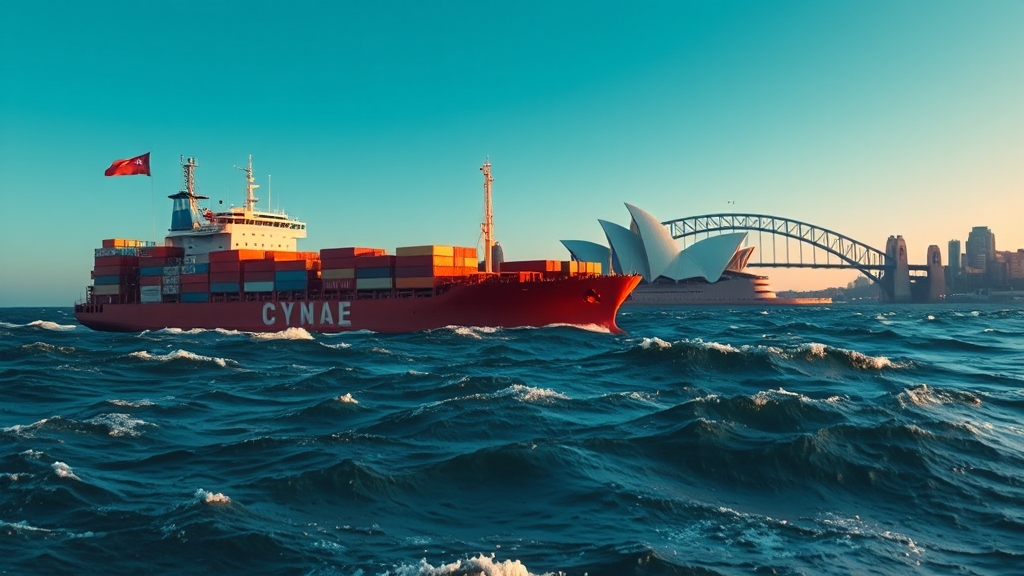
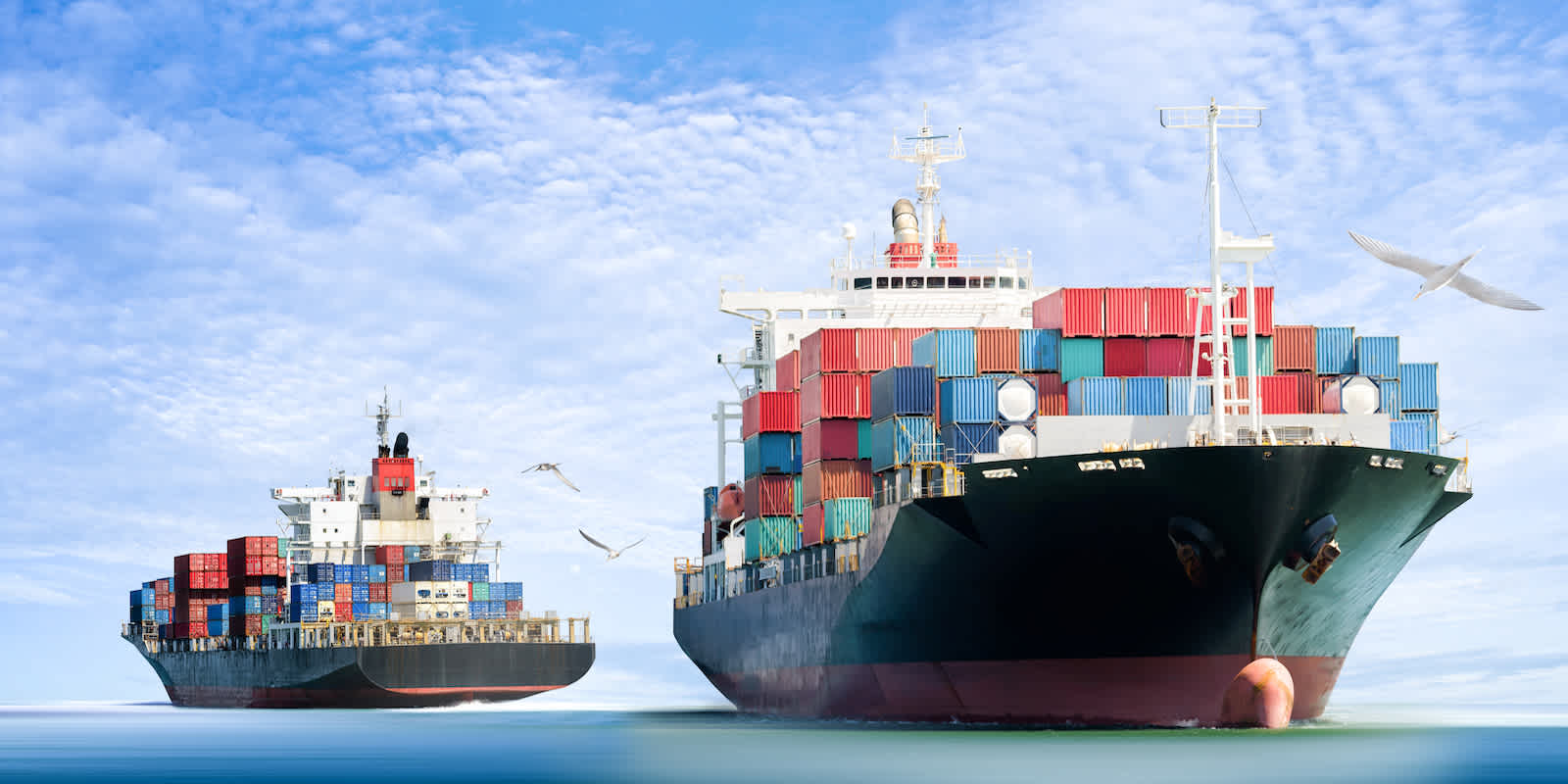
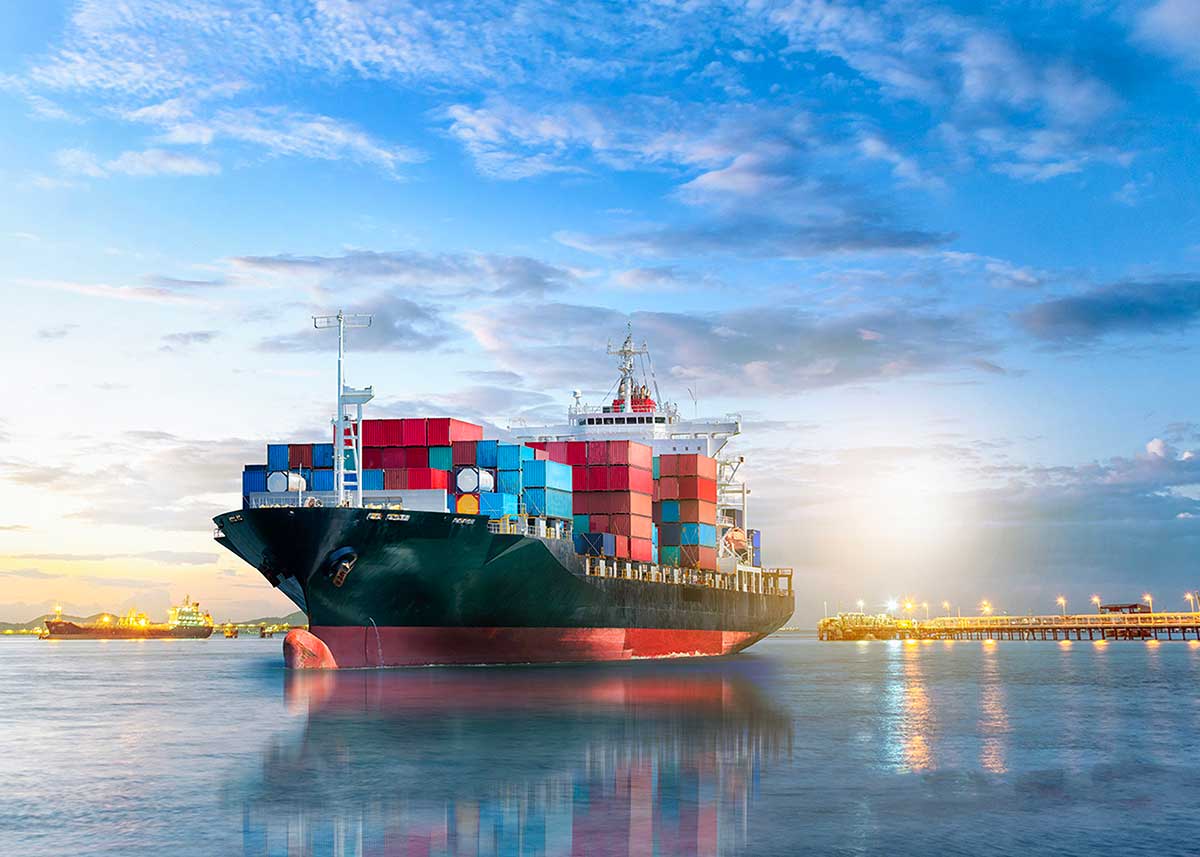
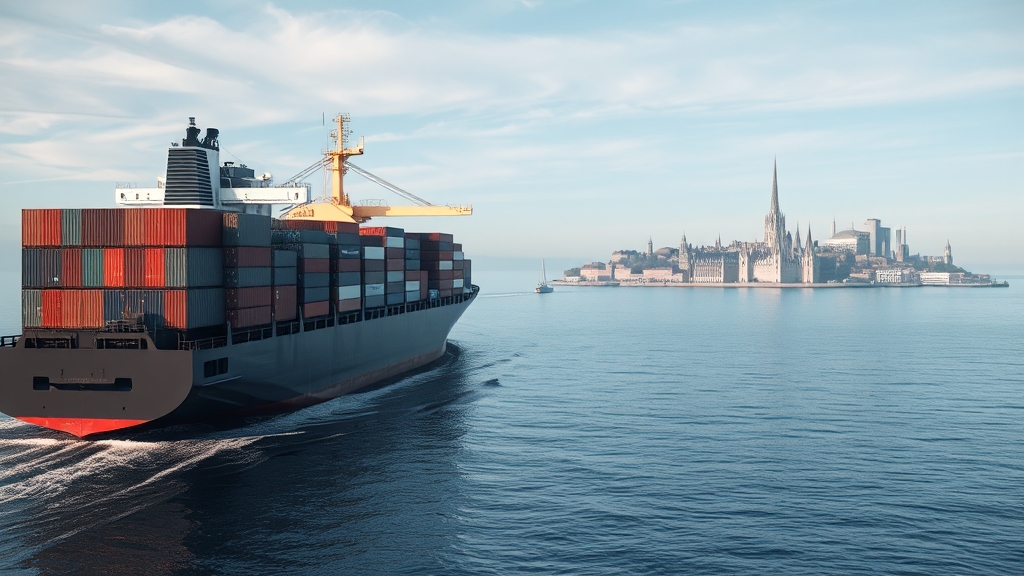





 Afrikaans
Afrikaans Shqip
Shqip አማርኛ
አማርኛ العربية
العربية Հայերեն
Հայերեն Azərbaycan dili
Azərbaycan dili Euskara
Euskara Беларуская мова
Беларуская мова বাংলা
বাংলা Bosanski
Bosanski Български
Български Català
Català Cebuano
Cebuano Chichewa
Chichewa 简体中文
简体中文 繁體中文
繁體中文 Corsu
Corsu Hrvatski
Hrvatski Čeština
Čeština Dansk
Dansk Nederlands
Nederlands English
English Esperanto
Esperanto Eesti
Eesti Filipino
Filipino Suomi
Suomi Français
Français Galego
Galego ქართული
ქართული Deutsch
Deutsch Ελληνικά
Ελληνικά Kreyol ayisyen
Kreyol ayisyen Harshen Hausa
Harshen Hausa Ōlelo Hawaiʻi
Ōlelo Hawaiʻi עִבְרִית
עִבְרִית हिन्दी
हिन्दी Hmong
Hmong Magyar
Magyar Íslenska
Íslenska Igbo
Igbo Bahasa Indonesia
Bahasa Indonesia Gaeilge
Gaeilge Italiano
Italiano 日本語
日本語 Basa Jawa
Basa Jawa ಕನ್ನಡ
ಕನ್ನಡ Қазақ тілі
Қазақ тілі ភាសាខ្មែរ
ភាសាខ្មែរ 한국어
한국어 كوردی
كوردی Кыргызча
Кыргызча ພາສາລາວ
ພາສາລາວ Latin
Latin Latviešu valoda
Latviešu valoda Lietuvių kalba
Lietuvių kalba Lëtzebuergesch
Lëtzebuergesch Македонски јазик
Македонски јазик Malagasy
Malagasy Bahasa Melayu
Bahasa Melayu മലയാളം
മലയാളം Maltese
Maltese Te Reo Māori
Te Reo Māori मराठी
मराठी Монгол
Монгол ဗမာစာ
ဗမာစာ नेपाली
नेपाली Norsk bokmål
Norsk bokmål پښتو
پښتو فارسی
فارسی Polski
Polski Português
Português ਪੰਜਾਬੀ
ਪੰਜਾਬੀ Română
Română Русский
Русский Samoan
Samoan Gàidhlig
Gàidhlig Српски језик
Српски језик Sesotho
Sesotho Shona
Shona سنڌي
سنڌي සිංහල
සිංහල Slovenčina
Slovenčina Slovenščina
Slovenščina Afsoomaali
Afsoomaali Español
Español Basa Sunda
Basa Sunda Kiswahili
Kiswahili Svenska
Svenska Тоҷикӣ
Тоҷикӣ தமிழ்
தமிழ் తెలుగు
తెలుగు ไทย
ไทย Türkçe
Türkçe Українська
Українська اردو
اردو O‘zbekcha
O‘zbekcha Tiếng Việt
Tiếng Việt Cymraeg
Cymraeg יידיש
יידיש Yorùbá
Yorùbá Zulu
Zulu